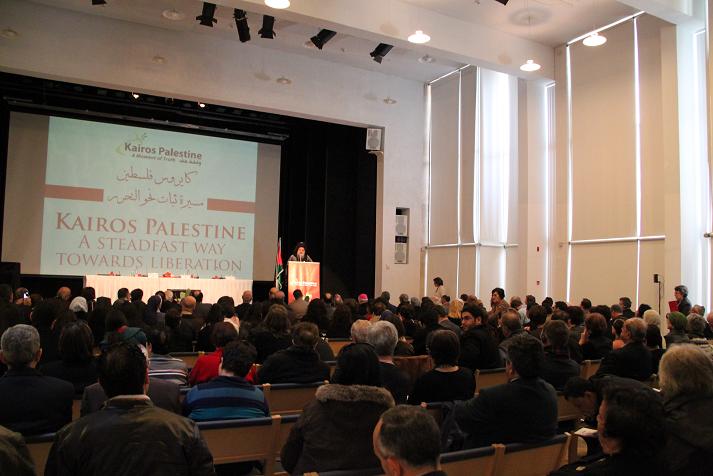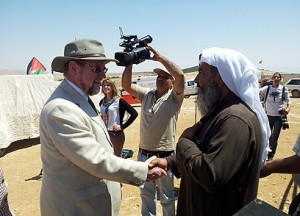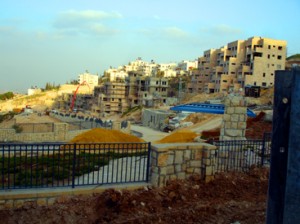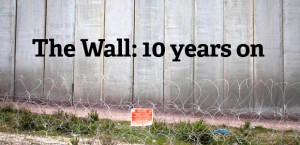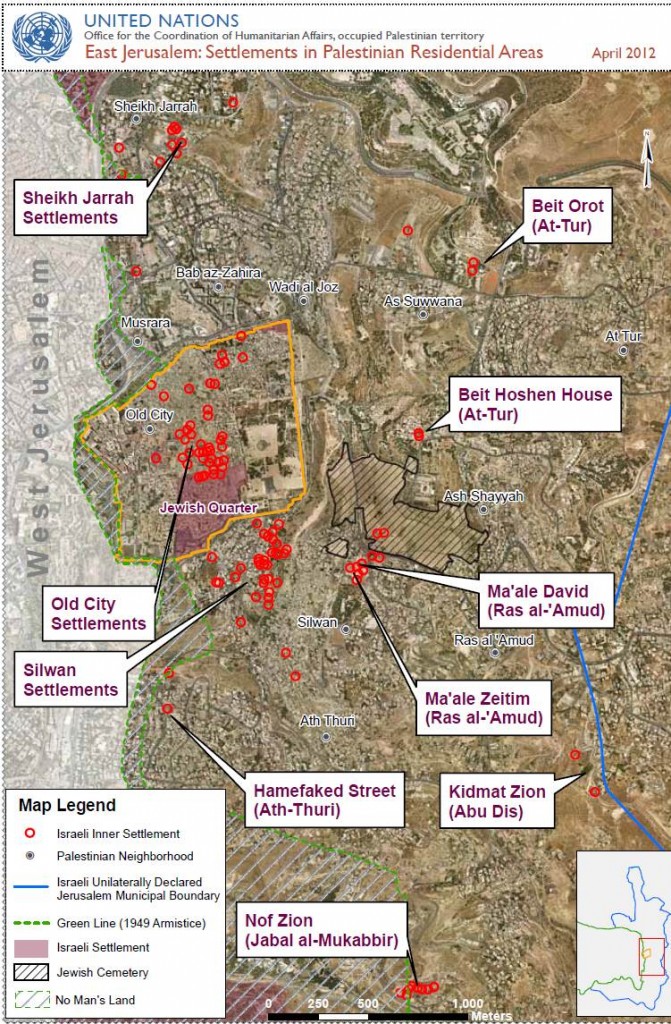On July 5, 2012, the European Parliament passed a resolution condemning Israeli policies in the West Bank and East Jerusalem, focusing on home demolitions and forced displacement (see new UNRWA report on home demolitions and displacement). The resolution uses as background the EU Heads of Mission reports on Area C and Palestinian State Building and on East Jerusalem.
From the resolution:
10. Calls on the Israeli Government and authorities to meet their obligations under international humanitarian law, in particular by:
| |
– |
securing an immediate end to house demolitions, evictions and forced displacement of Palestinians, |
| |
– |
facilitating Palestinian planning and building activities and the implementation of Palestinian developments projects, |
| |
– |
facilitating access and movement, |
| |
– |
facilitating the access of Palestinians to farming and grazing locations, |
| |
– |
ensuring a fair distribution of water meeting the needs of the Palestinian population, |
| |
– |
improving access of the Palestinian population to adequate social services and assistance, in particular in the fields of education and public health, and |
| |
– |
facilitating humanitarian operations in Area C and in East Jerusalem; |
11. Calls for an end to the administrative detention without formal charge or trial of Palestinians by Israeli authorities, for access to a fair trial for all Palestinian detainees, and for the release of Palestinian political prisoners, with special regard for members of the Palestinian Legislative Council, including Marwan Barghouti, and administrative detainees; calls also for the immediate release of Nabil Al-Raee, the artistic director of the Freedom Theatre in Jenin Refugee Camp, arrested on and detained since 6 June 2012; welcomes the agreement reached on 14 May 2012 that allowed for the end of the hunger strike of the Palestinian prisoners and calls for its full and immediate implementation;
12. Calls for the protection of the Bedouin communities of the West Bank and in the Negev, and for their rights to be fully respected by the Israeli authorities, and condemns any violations (e.g. house demolitions, forced displacements, public service limitations); calls also, in this context, for the withdrawal of the Prawer Plan by the Israeli Government;
13. Encourages the Palestinian Government and authorities to pay increasing attention to Area C and East Jerusalem in Palestinian national development plans and projects, with the aim of improving the situation and living conditions of the Palestinian population in these areas;
14. Stresses again that peaceful and non-violent means are the only way to achieve a sustainable solution to the Israeli-Palestinian conflict; continues to support, in this context, President Abbas’ policy of non-violent resistance and to encourage intra-Palestinian reconciliation and Palestinian state-building, and considers presidential and parliamentary elections to be important elements of this process;
15. Reiterates its strong commitment to the security of the State of Israel; condemns any act of violence by any party deliberately attacking civilians, and is appalled by the rocket attacks from the Gaza Strip;
16. Calls on the Council and the Commission to continue to support and deliver assistance to Palestinian institutions and development projects in Area C and in East Jerusalem with the aim of protecting and strengthening the Palestinian population; calls for improved coordination between the EU and Member States in this field; stresses that Israel must put an end to the practice of withholding customs and tax revenues belonging to the Palestinian Authority;
17. Calls on the EEAS and the Commission to verify on the ground all allegations concerning the destruction of and damage caused to EU-funded structures and projects in the occupied territory, and submit the results to Parliament;
18. Calls on the Council and the Commission to continue to address these issues at all levels in the EU’s bilateral relations with Israel and the Palestinian Authority; stresses that Israel’s commitment to respect its obligations under international human rights and humanitarian law towards the Palestinian population must be taken into full consideration in the EU’s bilateral relations with the country;
19. Urges the EU and Member States again to play a more active political role, including within the Quartet, in the efforts aimed at achieving a just and lasting peace between Israelis and Palestinians; stresses again the central role of the Quartet and continues to support the High Representative in her efforts to create a credible perspective for re-launching the peace process;
20. Reiterates its call for the immediate, sustained and unconditional lifting of the blockade of the Gaza Strip in terms of persons, the flow of humanitarian aid and commercial goods, and for steps allowing for the reconstruction and economic recovery of this area; calls also, with due recognition of Israel’s legitimate security needs, for an effective control mechanism preventing the smuggling of arms into Gaza; takes note of the decision of the Council to extend the mandate of the European Border Assistance Mission Rafah until 30 June 2013 and expects it to fulfil its tasks and play a decisive and effective role as regards the daily management of cross-border relations and the build-up of confidence between Israel and the Palestinian Authority; calls on Hamas to recognise the State of Israel and to give its support to the two-state solution; also calls on Hamas to put an end to the violence perpetrated both internally and externally against the State of Israel;
21. Instructs its President to forward this resolution to the Council, the Commission, the Vice-President of the Commission/High Representative of the Union for Foreign Affairs and Security Policy, the governments and parliaments of the Member States, the EU Special Representative to the Middle East Peace Process, the President of the UN General Assembly, the governments and parliaments of the UN Security Council members, the Middle East Quartet Envoy, the Knesset and the Government of Israel, the President of the Palestinian Authority and the Palestinian Legislative Council.
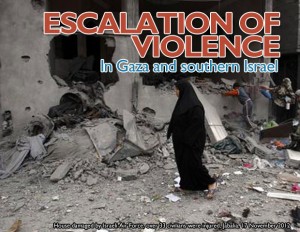 Our thoughts and prayers are with the people of Gaza and Southern Israel, as escalated violence has claimed many lives and brought devastation to a beleaguered region. 110 Palestinians and 3 Israelis have been killed, hundreds wounded and enormous devastation of infrastructure and housing in Gaza has occurred.
Our thoughts and prayers are with the people of Gaza and Southern Israel, as escalated violence has claimed many lives and brought devastation to a beleaguered region. 110 Palestinians and 3 Israelis have been killed, hundreds wounded and enormous devastation of infrastructure and housing in Gaza has occurred.
